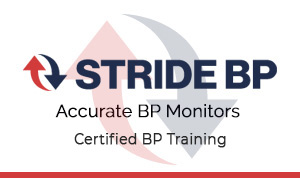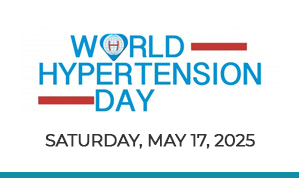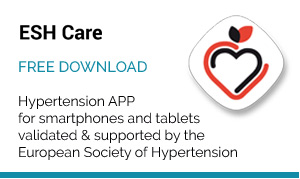Milan, Italy – Very elderly patients who have hypertension should have their blood pressures reduced below 150/80 mmHg to avoid cardiovascular events and total mortality, delegates heard here at the European Meeting on Hypertension in Milan. But in some patients there’s a possibility – questioned during the conference – that treatment could increase the risk of dementia.
This comes from the Hypertension in the Very Elderly Trial (HYVET) presented by Ruth Peters, PhD of Imperial College, London, at the ESH Annual Conference which randomised 3,845 patients older than 80 years, all of whom had established hypertension which had already been previously treated in three quarters of them to receive active doublet or single agent antihypertensive medication or a placebo.
The study – the largest international, double-blind, placebo-controlled trial of its kind – concludes that very elderly patients with hypertension should be treated, and that this brings only benefits and not additional risks. The investigators firmly challenge the idea that it is safer to leave gradually rising blood pressure in old age without treatment for fear of doing more harm than good.
In HYVET mean blood pressure at entry into the study was 173/90 mmHg and treatment with indapamide (with or without perindopril) in the active group was targeted to achieve a blood pressure below 150/80mmHg.
Dr Peters presented data in Milan of the relationship between achieved blood pressures after nine months and the observed events including dementia, total mortality, non-fatal and fatal myocardial infarctions and strokes.
In the active group pressures fell to a mean of 153/82mmHg, as compared with reduction to a mean of 163/87 mmHg in the placebo group.
As well as observing fewer fatal and non-fatal events in relation to achieved blood pressure lowering, however, an “inverse J-shaped” relationship emerged between diastolic pressure and dementia, showing an increase of dementia among patients with diastolic below 85 mmHg.
There was some concern during the session in Milan about whether this might be an artefact, however.
Dr Peter Sleight of Oxford in the UK asked whether this was related to cerebrovascular events, but Dr Peters thought the sample size of patients in this group was insufficient to generate an answer from the HYVET data.
But the co-Chair of the session, Dr Jan Staesson from Leuven (Belgium) warned that among patients with dementia there could be some whose reduced blood pressure was partly caused by brain lesions which disregulate blood pressure control, and that this might give a false indication of any risk of treatment. He was anxious not to discourage teams from reducing pressures sufficiently, which he thought was generally very desirable for improving cardiovascular mortality rates in the very elderly.
Dr Peters acknowledged the contribution to falling blood pressure made by occult disease, but noted that HYVET has given a powerful evidence base for treating hypertension in the very elderly.





